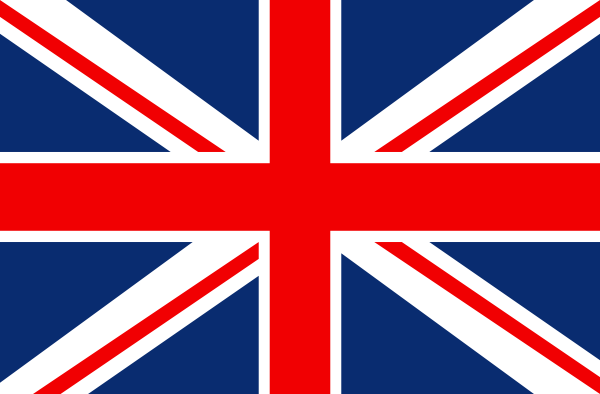
NEAR TRUTHS: DOES ANYTHING ELSE MATTER?
I.B. Bad

 With cases multiplying, panic churned up on the news and socials, the market in a tailspin, runs on toilet paper at Costco and civilians donning surgical masks, it’s official: COVID-19 is the issue of our time. After a wave of festival and concert postponements, Live Nation and AEG have pressed pause on their whole schedules, all major labels are closing their offices in New York, L.A. and London and will enforce telecommuting, and U.S. municipalities follow the rest of the world in entering lockdown mode. For the foreseeable future, though, the biz will be working from home.
With cases multiplying, panic churned up on the news and socials, the market in a tailspin, runs on toilet paper at Costco and civilians donning surgical masks, it’s official: COVID-19 is the issue of our time. After a wave of festival and concert postponements, Live Nation and AEG have pressed pause on their whole schedules, all major labels are closing their offices in New York, L.A. and London and will enforce telecommuting, and U.S. municipalities follow the rest of the world in entering lockdown mode. For the foreseeable future, though, the biz will be working from home.
The decisions by L.A., Seattle, San Francisco and the entire state of Oregon to ban large gatherings (and a similar proposed ban for all of California, if enacted) will take the concert business out at the knees. Managers, agents and artists are still waiting to learn how widespread the impact of the pandemic will be on the 
 fundamentals not only of the concert business but all of their business. Every major and tour and festival is vulnerable to government sanctions. The Trump administration’s chaotic, gaslighting response—and Trump’s own botched speech—have sent pundits scrambling for a term to capture this scandal: Coronagate? MAGAvirus? Online, Trump himself has earned the sobriquet “The Infection.”
fundamentals not only of the concert business but all of their business. Every major and tour and festival is vulnerable to government sanctions. The Trump administration’s chaotic, gaslighting response—and Trump’s own botched speech—have sent pundits scrambling for a term to capture this scandal: Coronagate? MAGAvirus? Online, Trump himself has earned the sobriquet “The Infection.”
With the NBA and NHL already putting their seasons on hold, the NCAA Tournament kiboshed and the pending Major League Baseball season in doubt, we could see crowds north of 1m per day disappearing from venues. Wonderers are wondering what shoes will drop next.
Artists and promoters alike stand to lose substantial sums; bands will have to pay out-of-pocket for production costs, including crews, while promoters lose revenue would have offset the tens of millions for salaries, rent, building leases, real-estate taxes and more that is part of their fixed overhead.

 Meanwhile, it’s said that talks are underway in some circles to find creative ways to deliver the festival experience virtually. Could a massive pay-per-view event provide access to the performances in a manner consistent with public-health concerns, while generating revenues instead of refunds? Could this be a new-model Live Aid, raising funds for response to the crisis while providing a safe (or safer) concert experience? Could a VR component or some other added value persuade fans to pay for a remote viewing experience? Could the participation of a few major tech sponsors make this a viable alternative amid dicey conditions? One thing’s for sure: Whoever takes the initiative to develop this option first is the likeliest to win, as it’s highly unlikely consumers will pony up for multiple PPV festival packages.
Meanwhile, it’s said that talks are underway in some circles to find creative ways to deliver the festival experience virtually. Could a massive pay-per-view event provide access to the performances in a manner consistent with public-health concerns, while generating revenues instead of refunds? Could this be a new-model Live Aid, raising funds for response to the crisis while providing a safe (or safer) concert experience? Could a VR component or some other added value persuade fans to pay for a remote viewing experience? Could the participation of a few major tech sponsors make this a viable alternative amid dicey conditions? One thing’s for sure: Whoever takes the initiative to develop this option first is the likeliest to win, as it’s highly unlikely consumers will pony up for multiple PPV festival packages.
In any case, we are likely due for at least several months of serious disruption (a situation not helped by a grossly incompetent and cynical federal response).








Privacy Policy - Terms and Conditions
| Site Powered by | |






 VIRUS IN THE U.K.: KEEP CALM AND CARRY ON
VIRUS IN THE U.K.: KEEP CALM AND CARRY ON